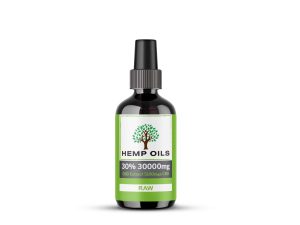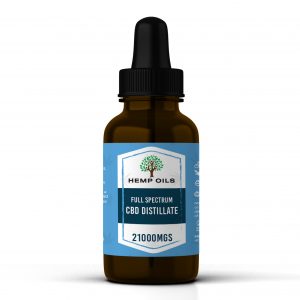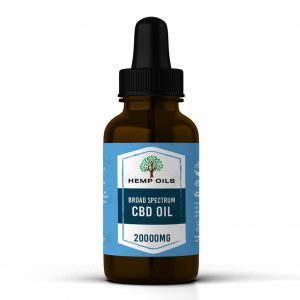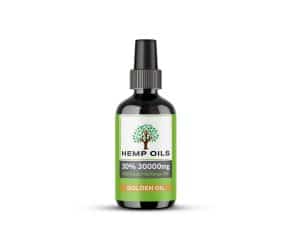===
Hemp oil and CBD oil are two popular natural remedies for various health issues in both humans and pets. However, it’s important to understand that these two oils are not the same thing. While they are both derived from the hemp plant, they have different compositions and offer different benefits. In this article, we will delve into the differences between hemp oil and CBD oil, specifically in relation to their uses and benefits for dogs.
Hemp Oil vs CBD Oil: Understanding the Difference
Hemp oil, also known as hemp seed oil, is extracted from the seeds of the hemp plant. It contains a rich profile of nutrients, including omega-3 and omega-6 fatty acids, vitamins, and minerals. Hemp oil does not contain CBD (cannabidiol), the compound known for its therapeutic properties. On the other hand, CBD oil is extracted from the flowers, leaves, and stalks of the hemp plant and contains high levels of CBD.
The primary difference between hemp oil and CBD oil lies in their chemical composition and the active compounds they contain. While hemp oil offers numerous nutritional benefits due to its rich nutrient profile, CBD oil interacts with the endocannabinoid system in humans and animals, leading to various therapeutic effects.
Hemp Oil for Dogs: Exploring its Benefits and Uses
Hemp oil for dogs can be beneficial in several ways. The omega fatty acids present in hemp oil can help maintain a healthy coat and skin, reducing itching and dryness. Additionally, these fatty acids have anti-inflammatory properties, which can aid in managing joint pain and stiffness in dogs, particularly in older pets or those with arthritis.
Moreover, hemp oil is known to promote cardiovascular health in dogs by reducing inflammation and improving blood circulation. It can also support the immune system, helping dogs fight off infections and diseases more effectively. Furthermore, the antioxidants present in hemp oil can help protect cells from damage caused by free radicals.
CBD Oil for Dogs: Unveiling its Therapeutic Potential
CBD oil offers several potential therapeutic benefits for dogs. It interacts with the endocannabinoid system, which plays a crucial role in regulating various bodily functions. CBD oil can help alleviate anxiety and stress in dogs, making it a useful tool for managing separation anxiety, noise phobias, and other situational anxieties in pets.
Additionally, CBD oil has been found to have anti-inflammatory properties, making it beneficial for dogs with conditions such as arthritis or inflammatory bowel disease. It can also help reduce pain and improve mobility in dogs with joint or muscle issues. CBD oil may even have anti-tumor effects, although further research is needed in this area.
Choosing the Right Oil: Factors to Consider for Your Dog
When selecting between hemp oil and CBD oil for your dog, it’s important to consider a few factors. If your dog primarily needs nutritional support, such as a healthy coat or improved cardiovascular health, hemp oil may be a suitable choice. On the other hand, if your dog requires more targeted therapeutic effects, such as anxiety relief or pain management, CBD oil may be more appropriate.
Furthermore, it’s vital to choose a high-quality product from a reputable manufacturer. Look for oils that are third-party tested to ensure purity and potency. Additionally, consult with your veterinarian before adding any new supplements or treatments to your dog’s regimen to ensure they are safe and appropriate for your pet’s specific needs.
===
In conclusion, while hemp oil and CBD oil are derived from the same plant, they offer different benefits due to their distinct compositions. Hemp oil provides essential nutrients and can support overall wellness in dogs, while CBD oil interacts with the endocannabinoid system, offering potential therapeutic effects. Understanding the differences between these oils can help pet owners make informed decisions regarding their dog’s health and well-being. Remember to always consult with a veterinarian before introducing any new supplements or treatments to your furry friend.




